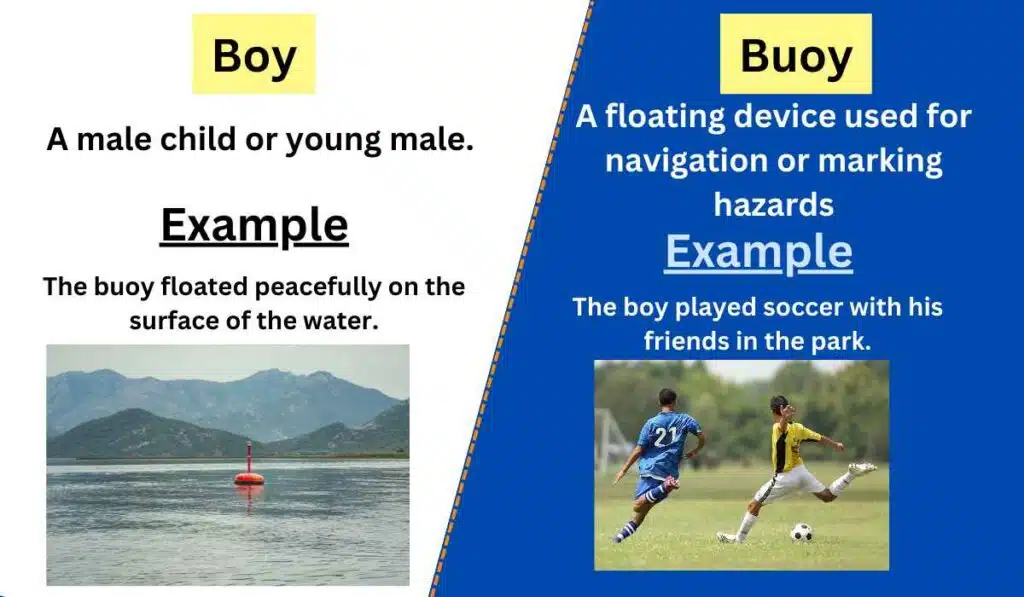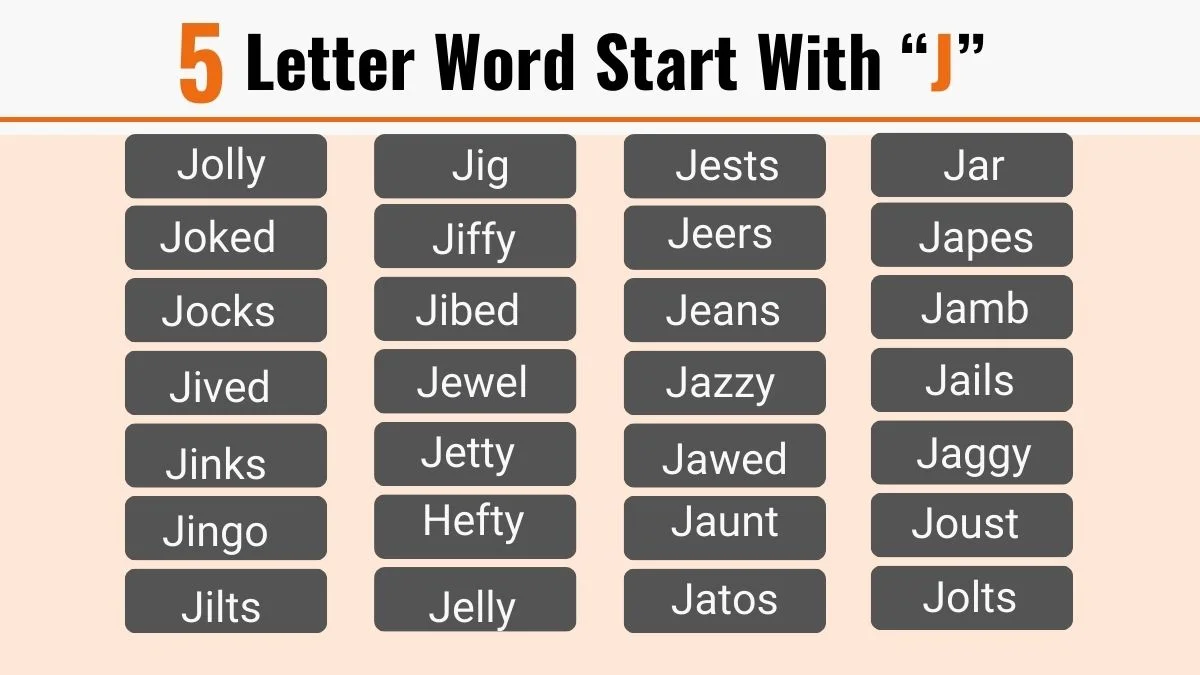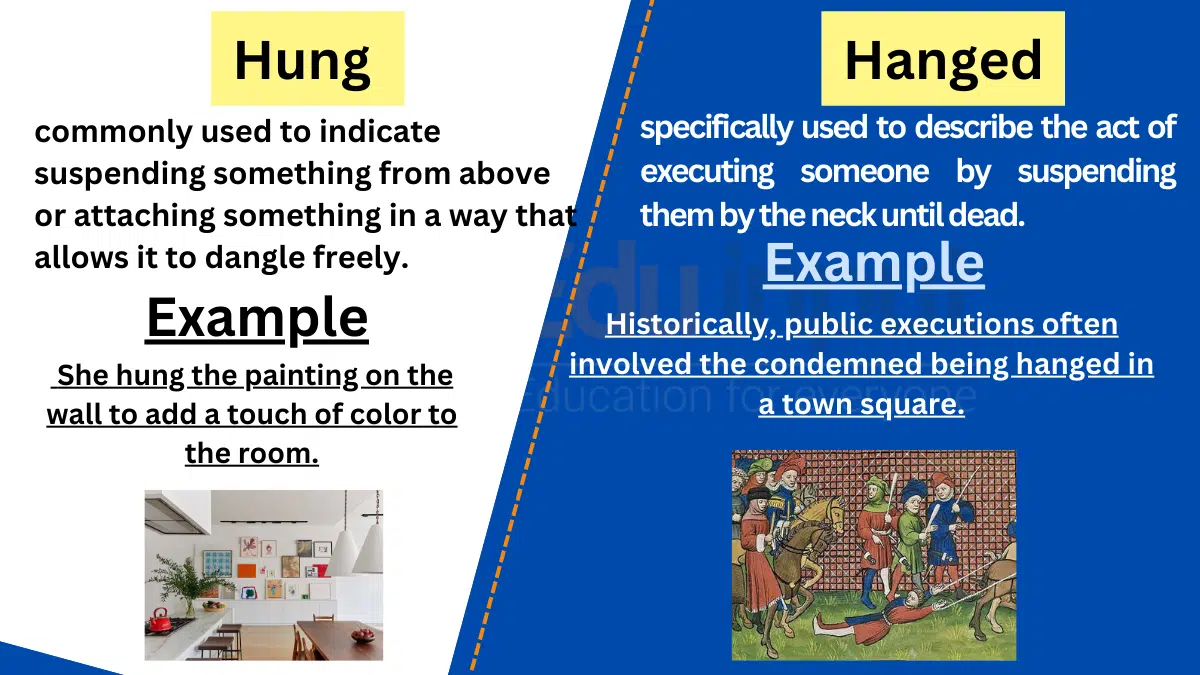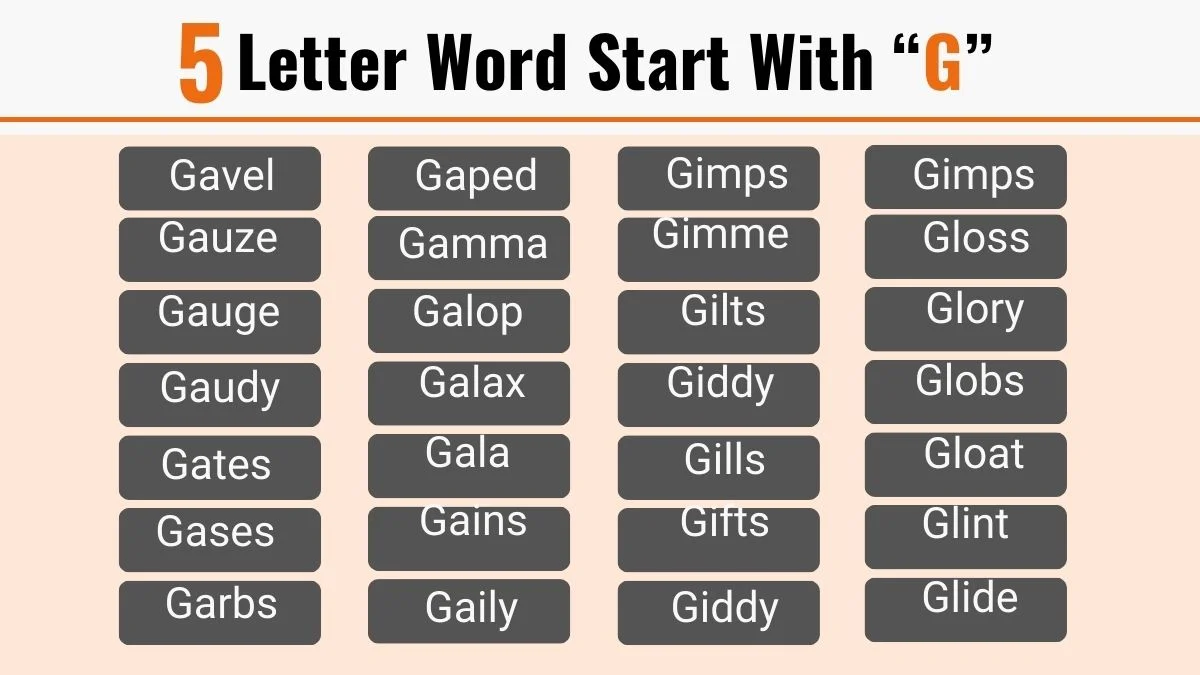Boy vs. Buoy- Differences between with examples
In the English language, words that share similar spellings can often have vastly different meanings. “Boy” and “buoy” are two such words that can cause confusion due to their similar appearance.

In this article, we will explore the definitions, differences, and contextual usage of these terms to gain a clearer understanding of their significance.
By discerning between “boy” as a noun referring to a young male and “buoy” as a noun denoting a floating device in water, we can effectively communicate about individuals and maritime navigation.
Meanings and Examples
Boy Meaning
Noun: A male child or a young male.
Boy Examples
- The boy played soccer with his friends in the park.
- She read a bedtime story to her little boy.
- The boy eagerly opened his birthday presents.
- The school bus picked up the boys and girls in the neighborhood.
- The boy’s laughter echoed through the playground.
Buoy Meaning
Noun: A floating device, typically anchored in water, used for navigation, marking hazards, or supporting structures.
Buoy Examples
- Sailors rely on buoys to mark safe navigation routes.
- The red and white buoy warned boaters of shallow waters.
- Fishermen spotted a buoy in the distance, indicating the location of their nets.
- The buoy bobbed up and down with the waves, guided by the ocean currents.
- Coastguards checked and maintained the buoys along the coastline.
Differences between Boy and Buoy
| Criteria | Boy | Buoy |
| Meaning | A male child or young male | A floating device used for navigation or marking hazards |
| Part of Speech | Noun | Noun |
| Pronunciation | bɔɪ | bɔɪ |
| Usage | Referring to a young male individual | Describing a floating device in water |
Usage in a Paragraph
The young boy ran across the field, chasing after his soccer ball. With each goal scored, the boy’s excitement grew, and his teammates cheered him on. His mother watched proudly from the sidelines, encouraging the boy’s passion for the sport. In the evening, the boy’s father tucked him into bed and read a bedtime story, filling the room with warmth and comfort.
Out at sea, sailors relied on buoys to guide their vessels safely through treacherous waters. The bright orange buoys indicated the presence of underwater obstacles, warning captains to steer clear. Fishing boats spotted buoys in the distance, marking the spots where fish were abundant. The buoyant devices bobbed up and down with the motion of the waves, serving as markers and aiding navigation.
By understanding the differences between “boy” and “buoy,” we can accurately refer to young male individuals and floating devices used for navigation. “Boy” functions as a noun denoting a male child or young male, while “buoy” serves as a noun representing a floating device in water used for various purposes, such as marking hazards or supporting maritime navigation. By using these terms appropriately, we can engage in effective communication about individuals and maritime activities with clarity and precision.







Leave a Reply